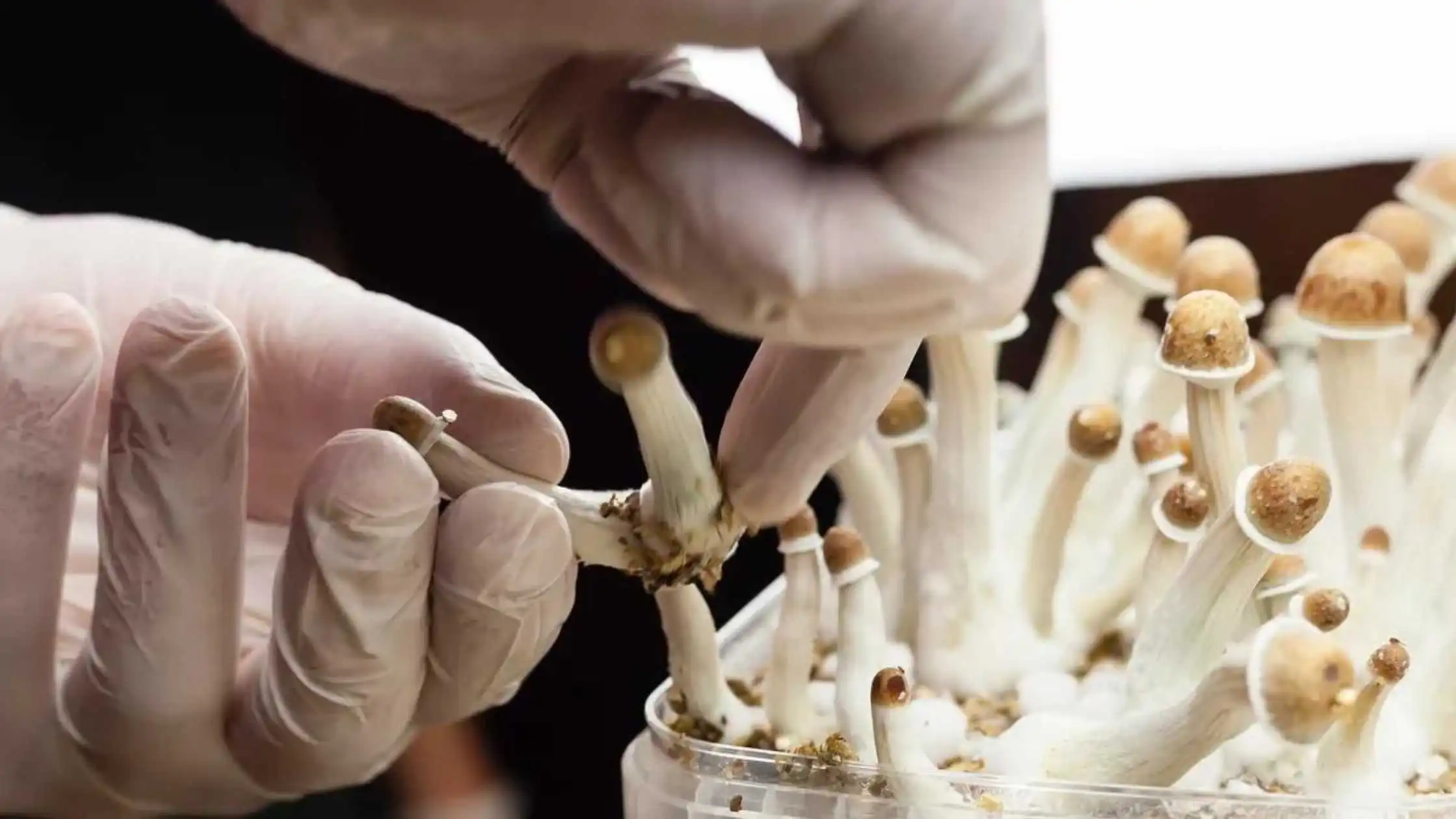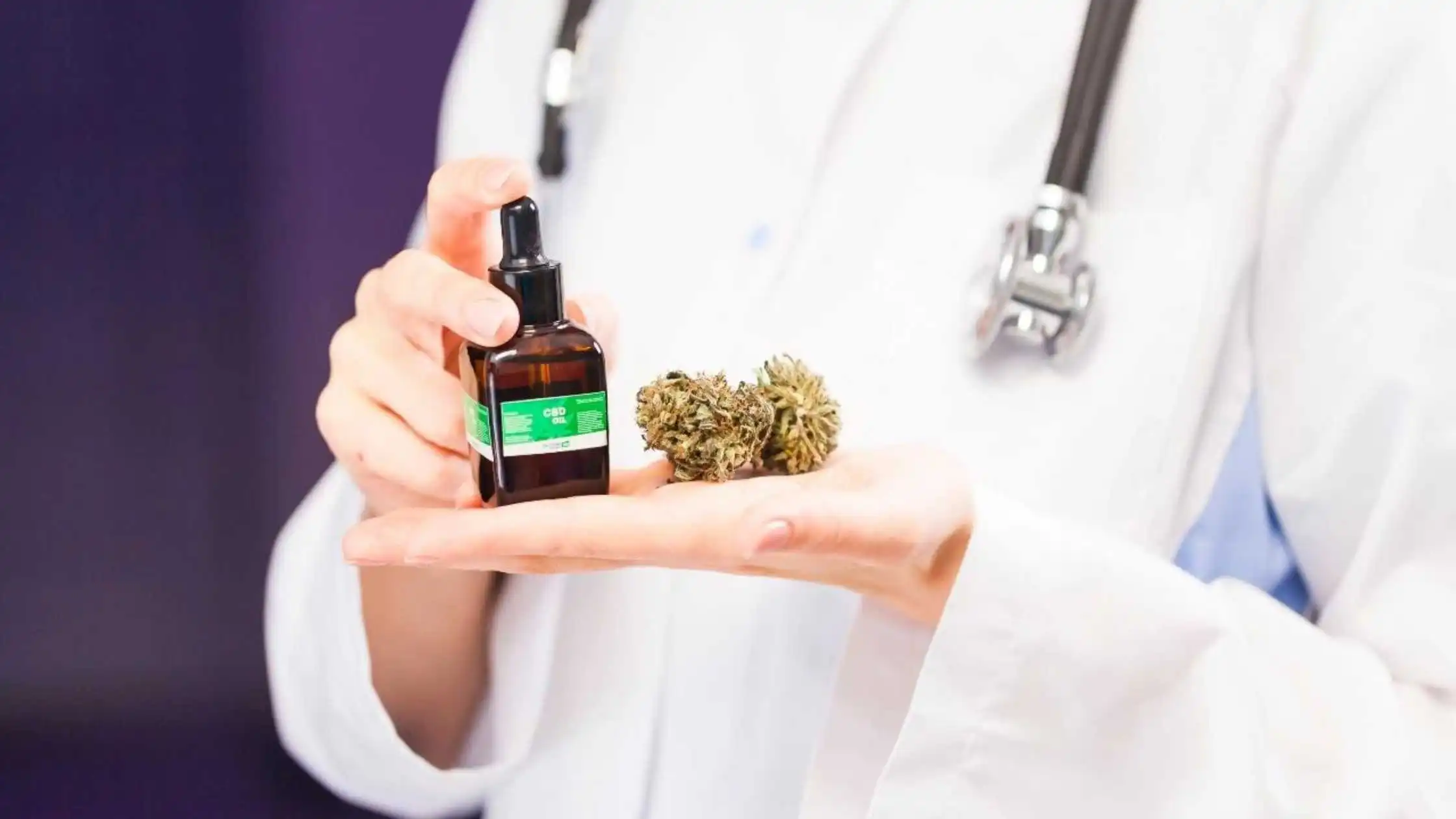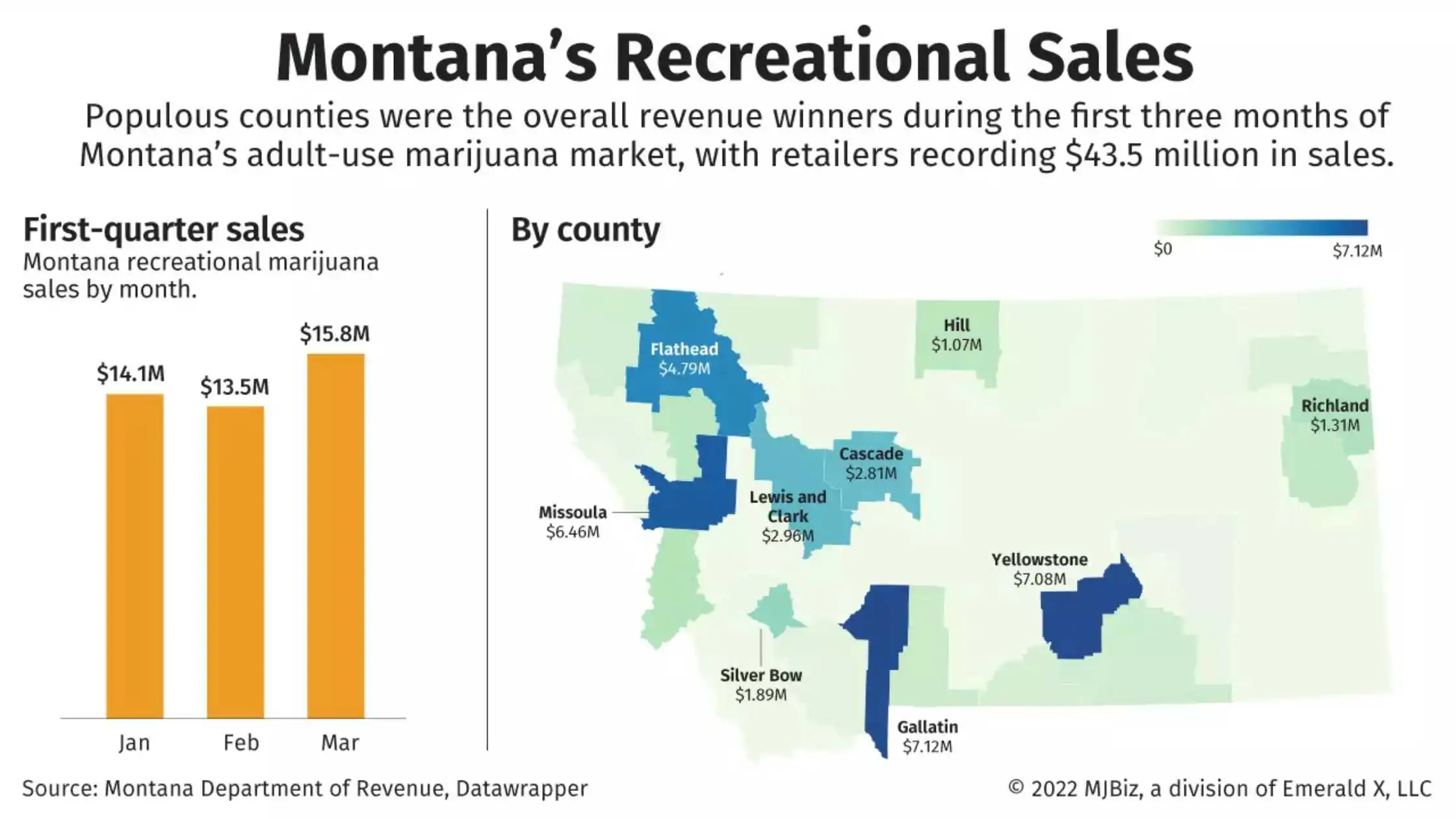Today, in the psychedelics industry, there is a flurry of activity by some of the industry’s biggest donors, business developers, celebrities, and other movers and shakers who are not only upping their involvement in the industry today but also laser-focused on where it is going.
Many in the industry call 2023 a pivotal year based on the activities of the last two years—but even 2022 has become a bigger and better year than expected.
Here are five examples that prove the psychonaut juggernaut that the psychedelics industry has become:
The most promising product developments are happening this year. Psilocybin therapy developer Compass Pathways (NASDAQ: CMPS) conducted a phase IIb clinical trial of their COMP360 psilocybin therapy for treatment-resistant depression (TRD) in December 2021. This randomized, controlled, multicenter, double-masked phase IIb trial was the most extensive psilocybin therapy clinical trial ever conducted, with 233 patients from 10 countries in North America and Europe. The company presented its findings at the American Psychiatric Association annual meeting in May 2022 in New Orleans. They plan to go into Phase III trials sometime this year, generally considered the last phase before FDA approval.
- Meanwhile, the results of an MDMA-assisted therapy for severe PTSD, which was a randomized, double-masked, placebo-controlled phase III study by the Multidisciplinary Association for Psychedelic Studies (MAPS), were published in May 2021. MAPS hopes these results will facilitate FDA approval in 2023. Another psychedelics development company, Awakn Life Sciences, is getting ready to go to phase III with their ketamine for alcohol disorder clinical trial.
- Research and development donations are piling up. According to the Chronicle of Philanthropy, MAPS got a $5 million donation from Ashawna Hailey, a software entrepreneur. Pine, an anonymous Bitcoin millionaire, donated $1 million to MAPS and pledged another $4 million if that amount could be matched, which it was, by more than 500 new donors. Also supporting psychedelics research are major donors, including David Bronner and his family, which owns Dr. Bronner’s, a company that makes organic personal-care products, who began donating $1 million a year in 2017 to MAPS and planned to continue through 2022; Bill Linton, the founder and CEO of life sciences company Promega, who started a nonprofit to secure government approval for psilocybin to alleviate depression; Mercer, the activist, whose concern focuses on veterans with PTSD; and the children of the late Richard Rockefeller, former chair of the Rockefeller Brothers Fund, who was a passionate advocate for the research. Additionally, a collaboration between Yale School of Medicine, Johns Hopkins University School of Medicine, and NYU Grossman School of Medicine to train psychiatrists in psychedelic medicine, announced in March, will be funded by a $1 million grant provided by another group of donors.
Others supporting psychedelics research include the foundation of Facebook co-founder Dustin Moskovitz and his wife, Cari Tuna; the foundation of Nick Pritzker, a venture capitalist and the former president of the Hyatt hotel chain, and his wife, Susan; George Sarlo, a Holocaust survivor and investment firm founder; SpaceX founder Elon Musk; and Groupon co-founder Andrew Mason.
- Psychedelics star on the world media stage. The World Economic Forum featured psychedelics for the first time in a program, “Medical Psychedelics House of Davos,” prompting coverage in mainstream publications such as Bloomberg. USA Today often features articles about psychedelics, such as the article on January 7 calling psychedelic therapy “the next big trend in mental health treatments.” The New York Times has also picked up its coverage of psychedelics since 2018—four features so far this year.
In March, the 2022 SXSW show, which is focused on technology, entertainment and culture and has presentations by world-class celebrities and international thought leaders, featured ten sessions on psychedelics and has added psychedelics as one of its main conference tracks for 2023. The psychedelics topic is also part of a growing group of discussions at TED talks. The cannabis industry has begun adding psychedelics tracks to their workshops and seminars: both the annual Marijuana Business Conference and the Cannabis Science Conference feature multiple psychedelics sessions.
- Clinical trials are growing and expanding exponentially. According to the National Institutes of Health (NIH), there have been 25 MDMA studies started since 2020 in the U.S., including seven in 2022 alone so far, compared to just a handful since 2014. There were 30 psilocybin studies combined that were begun in 2021 and 2022, or almost as many studies as all of the other psilocybin studies combined in 16 years, from 2004 to 2020. There were 16 LSD clinical trials started between 2020 and 2022, with seven in 2021 alone—the most trials of any year since a single LSD trial in 2004. Ketamine has by far the most U.S. clinical trials (493) since 2002, with 34 so far in 2022, nearly matching the total of all ketamine clinical trials in 2021 (37). Elsewhere, nine psilocybin clinical trials began in the United Kingdom between 2019 and 2022.
- Governments around the world signal they are OK with psychedelics. Government-funded psychedelics work in the U.S. made headlines late in 2021 when Johns Hopkins Medicine got the first federal grant for psychedelic treatment research in 50 years from the NIH. In May, the University of California/Davis (UC Davis) and the University of Colorado Anschutz Medical Campus got a $2.7 million grant from the National Institute on Drug Abuse, part of the NIH, to research psychedelics. The researchers will use the funding to screen hundreds of compounds to discover new, non-hallucinogenic treatments for substance use disorders.
In Australia, there are seven clinical trials testing psychedelics that will receive a total of almost $15 million from the Australian Government’s Medical Research Future Fund (MRFF), according to an announcement in January. In Canada, the Canadian Institutes of Health Research (CIHR) launched a psilocybin-assisted psychotherapy $3 million funding opportunity in early 2022, led by CIHR’s Institute of Neurosciences, Mental Health and Addiction (INMHA) with funding provided by the Canadian Drugs and Substances Strategy (CDSS). In Germany, the German Federal Ministry of Education and Research (BMBF) funded a psilocybin study done in 2021 at the Central Institute for Mental Health in Mannheim together with the Department of Psychiatry and Psychotherapy at Charité Campus Berlin Mitte and the MIND Foundation. It was reportedly a first for Germany and a large project at the highest scientific level.
Disclaimer: https://www.greenmarketreport.com/5-reasons-2022-will-be-big-for-psychedelics
Posted by: Times Of Hemp, TOH, #TOH, #TimesOfHemp, https://www.timesofhemp.com





